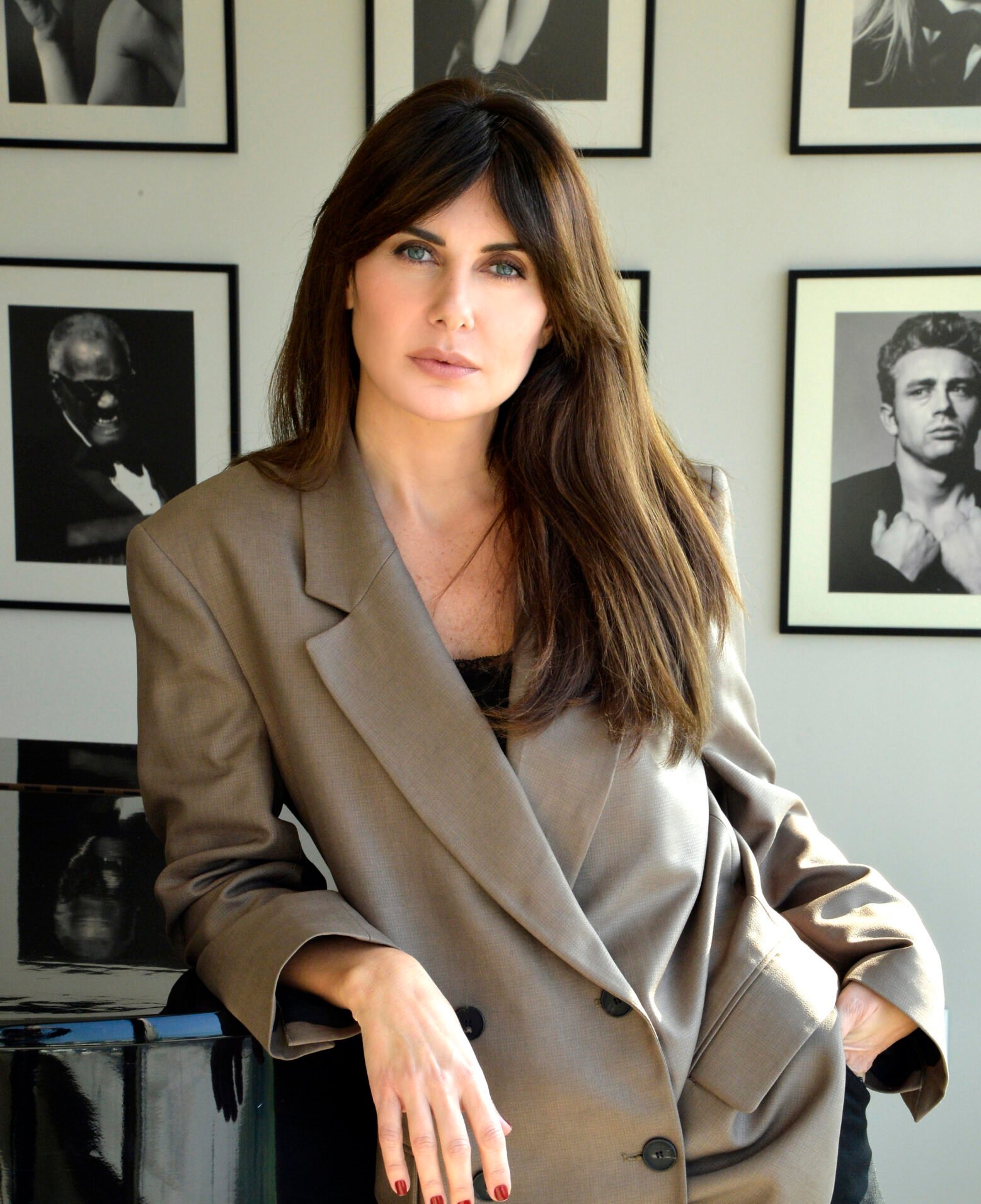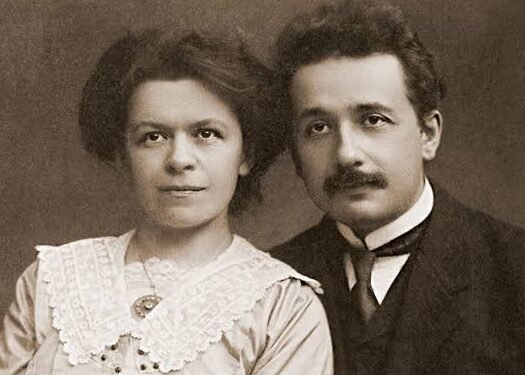
Transforming Human Resources
Bringing in a new era of flexibility, agility and adaptability
If you asked me two years ago about the future of Human Resource (HR) management in organizations, my answer would be very different to what it is today. Let’s be honest, the whole world has been dramatically transformed in the last two years due to the global pandemic that was felt on all levels from countries, cities, organizations and businesses. We have all had to adapt, and as renowned author and management consultant Peter Drucker once said, “The best way to predict the future is to create it.” It’s still up for debate how well we could have predicted this crisis, yet the outcome has taught us to consider worst-case scenarios when thinking about the future and in doing so, it has provided us with an opportunity to take a step ahead of the game.
The Evolution of HR
The development of human resources over the past decades is like the transition from a black and white TV to a colored one, the process is gradual for the manufacturer but quick and exciting for the consumer. Either way, there is no turning back. In the 1970’s and 80’s, HR was known as “personnel management” and the department dealt with administrative issues that no one really liked, such as maintaining records, hiring and firing employees, managing time-keeping and other such mundane activities, none of it which was really ground-breaking. By the 1990s, words like process and productivity were starting to come to light in the context of how to optimize the performance of employees.
By the 2000’s HR had evolved to talking about strategy, how to contribute to the company’s bottom line as well as topics such as employee motivation, loyalty, and commitment. During that period, so many famous books from Sun Tzu’s Art of War to Niccolò Machiavelli’s The Emperor have been used to model different types of leadership in the workplace.
In the last two decades, all kinds of new words and phrases have been created from HR gurus which have pushed this field into the limelight. “Our people are our greatest assets”, “the war for talent”, human capital or human investment, diversity & inclusion, talent management, HR business partner model, amongst many others; all of them highlighting the growing role of HR as an essential contributor to the organization’s vision, mission, strategy, goals and objectives.
While many of these changes have been labelled as “old wine in new bottles” symbolizing non-original ideas that are being rehashed and packaged as something new. Over the last year I believe the role of HR is becoming more synonymous with “new wine in old bottles”, meaning we are still dealing with the same topics but having to do so with fresh ideas and perspective.
So, what exactly have we learned from this past year that will catapult HR into the future?
Make better decisions, faster
In many workplaces, decision-making is cumbersome, requiring a lengthy approval process and agreements from different stakeholders. In the last year, changes that would normally take months, even years, in the face of “this is how we do things”, were implemented in a matter of days. These same organizations have found they are able to move quickly, to change workplace practices and think outside the traditional structures that have governed them for years. Even organizations that never relied on being tech-savvy have put communication tools in place to make remote working a reality.
This shows us that when quick decision-making is a necessity, change can happen without process obstacles. This momentum needs to carry on now that we are returning to a somewhat normal situation. Many organizations are coming up with remote working policies, and more flexibility in working hours and location as they have witnessed the benefits first-hand. The 9-5 working protocol has one leg out the door bringing, which is resulting is increased flexibility and a dynamic energy that will change the way we work.
Rethink the Employment Contract
Now that remote working has been tried and tested (and in many cases it has proven to be very successful), organizations may rethink the employment contract altogether – perhaps replacing the notion of fixed-term or full-time employees with more part-time workers and greater flexibility, thereby also reducing the organization’s fixed costs. Furthermore, now that the millennials and the oldest Generation Z’s (around 23 years old) are soon to be the majority in the workforce, they come with a set of expectations that defies the 9-5 working hours. HR practitioners will need to make themselves aware of the factors that motivate these generations, such as flexible hours, teamwork, advanced technologies, flexible benefits, and so forth.
As we move into post-pandemic mode, HR will need to rethink working arrangements and the traditional employment contract, and focus on how to add value to the changing demands and workforce demographics.
Shift towards More Trust-Based Leadership
For many organizations, this crisis has provided a huge opportunity to build or enhance a culture of trust. Traditionally, many organizations have expected their employees to be in the office, to be present physically in meetings, and their presence in the office acting as an accountability of hours worked. Moving forward, employers have no choice but to empower their employees and to trust that work responsibilities and deadlines will be met. This changes the whole employee-employer dynamic. This autonomy communicates to employees that their leaders trust them. HR needs to ensure that the quality of the employer-employee relationship will be enhanced so that the employer becomes a more trusted partner to the employee, who in turn will increase loyalty and trust towards the employer.
Provide the best possible Employee Experience
Organizations have made a lot of effort in the last year to ensure employee wellness and well-being. We have all heard the stories of some employees suffering through this period due to isolation from friends, families, and colleagues, typically accompanied by mental health challenges. Organizations cannot ignore this. It is their responsibility to provide a workplace that takes care of its people, as – ultimately – this will impact employee performance and productivity. Many companies are now focusing – in a big way – on delivering mental health or work-life balance programs to ensure that the employee experience stays positive, even beyond the pandemic. New job titles are emerging in the market, like “people wellbeing nurturer” or “people and culture chief” to emphasize the importance of these areas. Part of the employee experience is also to ensure that all employees have a voice and a channel whereby they can be heard.
The HR Department of Tomorrow
This crisis has shown us a new way of operating. If organizations want to not only survive but also thrive in this new environment of adaptability and agility then they must place a strong focus on HR as a strategic collaborator. HR needs to facilitate the relationship between employer and employee and make decisions that take into consideration the changing demographic in the workplace and the need for flexibility. No longer are they the department that only checks time-cards and enforces workplace procedures. They are the department that is people-sensitive, aware of change
& trends in the workplace, that acts as a liaison, and ultimately hones a workplace that provides the full employee experience in a world that is anything but predictable.
By Ranya Nehmeh, Author of the CHAMELEON Leader, Human Resources Expert.
To know more about the author, click here, or visit this link.













